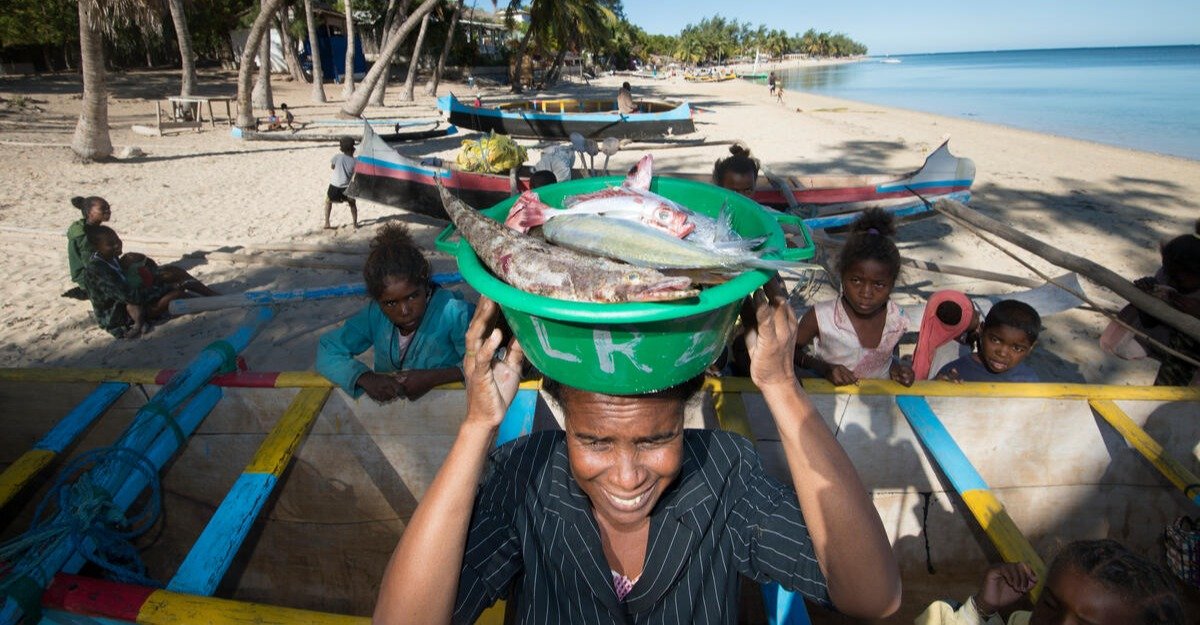Wednesday, 25 February 2026

COFI Sub-Committee on Fisheries Management is also set to discuss improvements in the methodology to assess the state and health of the world’s marine fisheries stocks
A new global fisheries management body began its inaugural meeting with key items on the agenda including best practices and approaches for the effective management of fisheries resources, and improvements in the Food and Agriculture Organization of the United Nations (FAO) methodology to estimate the state and health of the world’s marine fish stocks.
The fight against Illegal, Unreported and Unregulated (IUU) fishing, the promotion of adaptive responses to the climate crisis, and the mainstreaming of biodiversity will also be on the agenda of the COFI Sub-Committee on Fisheries Management’s 15-18 January 2024 meeting, with a specific focus on small-scale fisheries.
Over 500 million people globally depend, at least partially, on fisheries for their livelihoods – nearly half of them women when considering the whole value chain. While 65 per cent of fish stocks were within biologically sustainable levels, 35 per cent were estimated to be at unsustainable levels – a proportion that has been increasing since the 1970s.
The COFI Sub-Committee on Fisheries Management’s main functions are to provide technical and policy guidance on fisheries management, identify global challenges and opportunities, and promote collective solutions to ensure the environmental, economic and social sustainability of a sector crucial for global food security and nutrition.
“Improving global fisheries management remains crucial to restore ecosystems to a healthy and productive state and to protect the long-term supply of aquatic foods,” said QU Dongyu FAO Director-General in his address to the opening of the meeting’s virtual plenary session. “This improvement also includes eliminating illegal, unreported, and unregulated fishing and on addressing the impacts of the climate crisis, and biodiversity degradation that are also heavily impacting aquatic and coastal ecosystems and dependent communities”.
The Director-General noted that the Sub-Committee on Fisheries Management will guide FAO’s Blue Transformation roadmap and its core objective of ensuring that global fisheries resources – including lakes, rivers and seas – are efficiently and effectively managed.